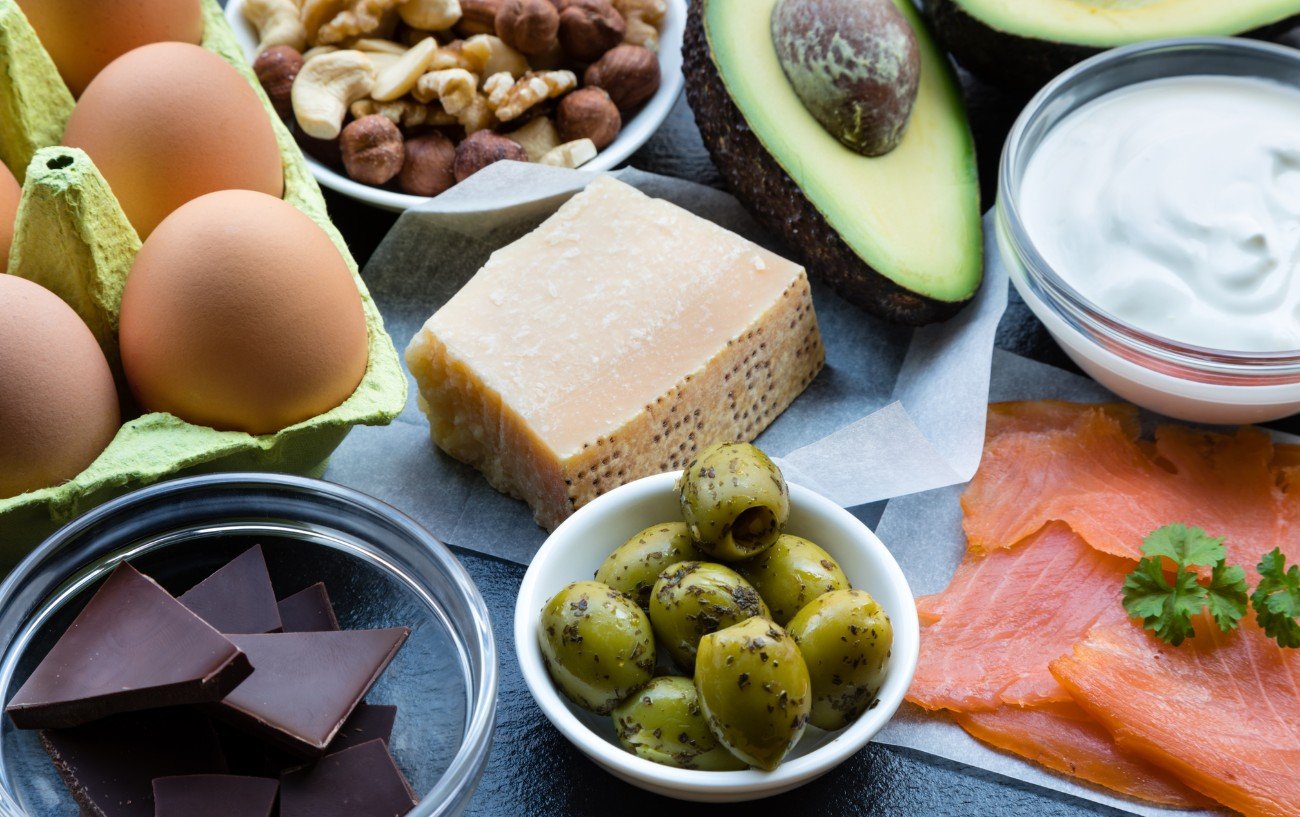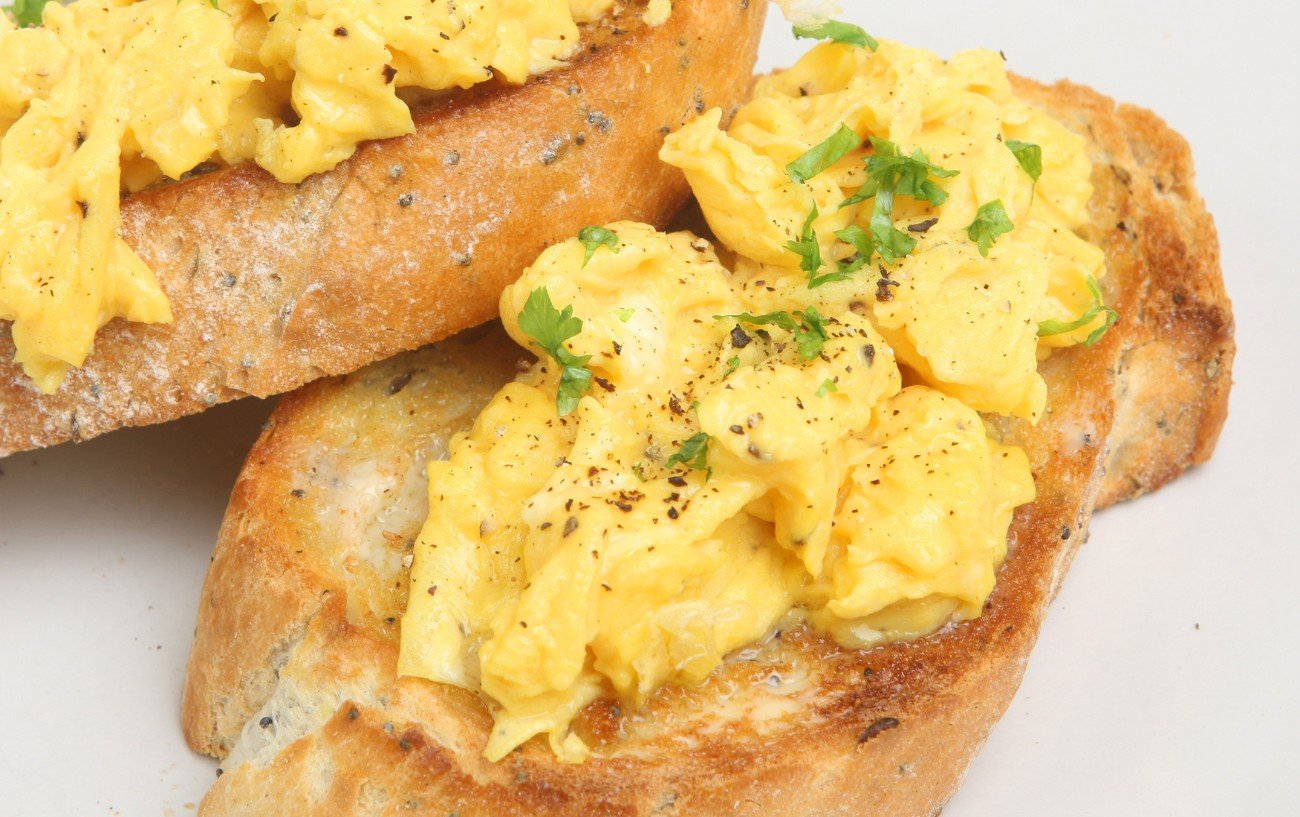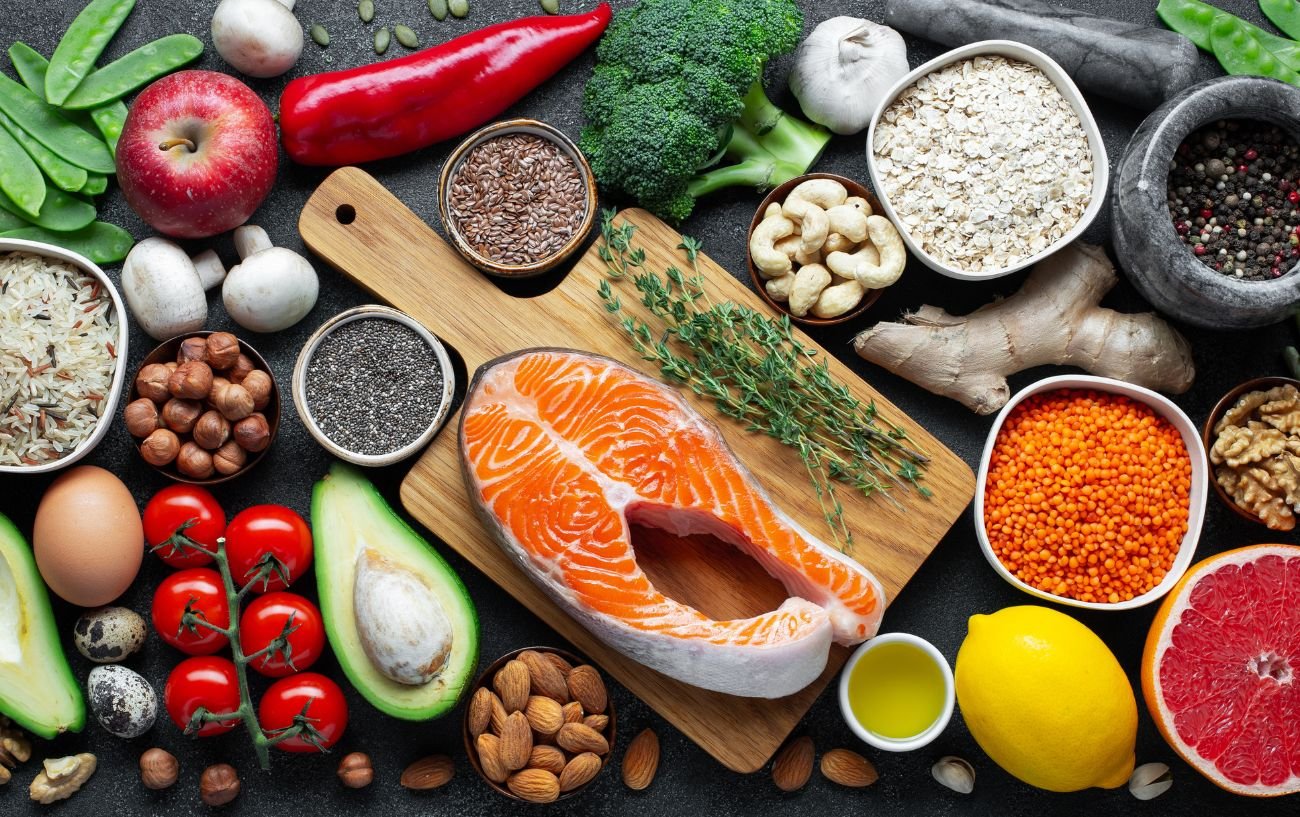Building muscle is one of the top fitness goals.
Although you can’t underestimate the importance of your workouts on your muscle gains, your diet also plays a huge role in your ability to recover from your workouts and build muscle effectively.
A muscle gain diet plan should focus on getting enough total energy (calories), along with the right ratios and quantities of protein, carbohydrates, and fats.
In this article, we’ve put together the ultimate 7 day meal plan for muscle gains. So, if you are looking for a diet plan for muscle gains, grab your grocery list and get ready to fuel your muscles to see some big gains.
We will cover:
- Components Of A 7 Day Meal Plan for Muscle Gain
- Customizing A 7 Day Meal Plan For Muscle Gain
- Example Diet Plan For Muscle Gain
Let’s jump in!

Components Of A 7 Day Meal Plan for Muscle Gain
The first step in choosing the appropriate 7 day meal plan for muscle gain, or designing your own, is to understand the components of an effective diet plan for muscle gain.
Your diet plan will only be successful at helping you build muscle if it has the nutrients you need in the right quantities and ratios and timed appropriately.
It’s also important to note that your workouts will also play a significant role in the effectiveness of your diet plan for muscle gain.
Muscle building, termed hypertrophy, is a two-step process: breaking muscle down and then building muscle back.
When you exercise, particularly when you do heavy resistance training, you cause microscopic damage to your muscle fibers. This muscle breakdown process triggers your body to initiate the muscle reparative process known as muscle protein synthesis.
As long as you have the resources available, your muscle fibers will be repaired, as new proteins are assembled on-site and used to fortify or strengthen the existing muscle fibers.

By laying down additional proteins, your muscle fibers thicken and strengthen, leading to muscle gains in size and strength.
In general, the muscle growth seen with hypertrophy, or the process of muscle building, is due to a thickening of existing muscle fibers, not the growth of brand-new fibers.
But what do we mean by having the “resources available” for muscle protein synthesis?
Muscle protein synthesis is an energy-demanding process, and it also requires the building blocks of proteins, which are amino acids.
Therefore, you need to have both an adequate caloric intake (so that your body has the energy it needs to assemble new proteins) and an adequate protein intake (so that your body has the raw materials it needs to build new proteins).
Proteins are macronutrients composed of amino acids in various arrangements.
Any type of protein you consume, whether it comes from a hamburger, an egg, lentils, or spinach, gets broken down to its constituent amino acids during the digestive process.
These amino acids serve as the building blocks for the new proteins your body needs for any number of functions in the body, from repairing your muscles after a workout to forming enzymes that catalyze the metabolic reactions that generate energy.
The range, quality, and source of the proteins you eat dictate the pool of available amino acids your body has for muscle building, as well as every other need for protein in the body.
This is where the concept of “complete proteins,” “incomplete proteins,” “essential proteins,” and “non-essential” proteins come into play.

A 7 day meal plan for muscle gain that doesn’t consider the type, quality, and variety of the proteins you eat can limit your growth.
Twenty different amino acids are used for all the many thousands of biological proteins your body needs.
Nine of these amino acids are considered essential amino acids, which means that you have to consume them through the diet because the body cannot manufacture them endogenously.
The nine essential amino acids include histidine, isoleucine, leucine, phenylalanine, threonine, lysine, methionine, tryptophan, and valine.
Foods that are considered “complete proteins” provide at least all nine of these essential amino acids, if not additional nonessential amino acids (amino acids the body can synthesize).

Foods that are incomplete sources of proteins lack one or more of the essential amino acids.
Therefore, in order to have the full battery of necessary amino acids for muscle building and overall health, you have to pair together complementary incomplete proteins.
In general, proteins derived from animal sources are usually complete proteins, while many—but not all—plant-based proteins are incomplete proteins.
If you are a vegan, vegetarian, or follow some other type of plant-based diet, it is possible to get complete proteins.
Examples of plant-based complete proteins include soy, hempseed, and quinoa. Still, the most effective strategy for covering your bases is to pair different plant-based foods together, such as lentils and rice or chickpeas and whole-grain bread.
This will give you the full palate of essential amino acids.
Finally, it’s worth covering the importance of other nutrients in a 7 day meal plan for muscle gain.
Oftentimes, bodybuilders or athletes looking for big muscle gains focus solely on protein to the detriment of carbohydrates, fats, and other micronutrients.
Although protein is undeniably required for muscle building as well as overall health, your diet still needs to be balanced with other nutrients.
Carbohydrates are the preferred fuel source for your muscles during your strength training workouts.
If you are not consuming enough carbohydrates, your glycogen stores will be compromised, and your muscles will be catabolized at a higher rate for energy.
Essentially, if you don’t have adequate carbohydrates for your muscles to oxidize during your workout, a higher percentage of the energy to fuel your muscles will come from fat and protein.

Additionally, carbohydrates are required for proper protein metabolism, so if you don’t eat enough carbs, your body won’t be able to fully take advantage of the protein you’re eating.
Fat oxidation is a very slow process, so intense workouts will burn protein at a higher rate.
Since the goal is muscle building, this is deleterious for your gains.
In order to reduce any potential reliance on protein for energy, it’s crucial to eat enough carbohydrates, particularly before your workout.
High-quality fats are also important for satiety, the health of your skin and cellular membranes, and hormonal functions.
It’s also important to get micronutrients like iron, zinc, potassium, calcium, magnesium, and vitamins A, B, C, D, E, and K.
The best way to do this is by eating a varied, balanced diet with nutritious foods like fruits, vegetables, nuts, seeds, lean proteins, and eggs.

Customizing a 7 Day Meal Plan for Muscle Gain
Now that we’ve covered the key components of a muscle gain diet plan: 7 days, we need to get into specifics:
- How many calories do you need to build muscle?
- How much protein do you need to build muscle?
- How many grams of carbohydrates do you need to build muscle?
How many calories do you need to build muscle?
In terms of how many calories you need to build muscle, most research suggests that consuming about 10-20% more calories than you need per day is ideal during the “bulking” stage of bodybuilding or muscle growth.
For example, if your total daily energy expenditure (your BMR, your workouts, your general activity levels, and the calories you burn digesting food) is 2,500 calories, you want to eat a caloric surplus of 250-500 calories, bringing your total caloric intake to 2,700-3,000 calories per day.

How many grams of protein do you need to eat to build muscle?
The American College of Sports Medicine recommends that athletes consume at least 1.2–2.0 grams of protein per kilogram of body weight per day.
However, if you are trying to build muscle, a higher protein intake is ideal, especially if you’re in the cutting phase of bodybuilding, where you’re in a caloric deficit.
For example, evidence suggests that if you’re trying to build muscle while in a caloric deficit, the most effective protein intake to strive for is 2.3-3.1 g/kg of lean body mass per day of protein.
Additionally, you should break up these nutrients into 3-6 meals per day, with the meal prior to and right after resistance training containing 0.4-0.5 g/kg of bodyweight of protein.
Other studies have confirmed that you can build muscle in a caloric deficit if you consume a diet that provides 2.4g of protein per kg of body weight rather than one that provides just 1.2g of protein per kg of body weight.
So, for example, if you weigh 180 pounds (about 82 kg), you would want to eat 2.4 x 82 = 197 grams of protein per day.
Because each gram of protein provides 4 kcal, your protein intake would provide 788 calories.

How many grams of carbohydrates do you need to build muscle?
The number of grams of carbohydrates to consume for muscle growth is less clear.
Most research findings recommend a minimum of 3–5 g/kg of bodyweight per day for strength athletes and 4–7 g/kg of bodyweight per day for bodybuilders.
The same 82 kg athlete would therefore consume at least 328 grams of carbs per day.
Since each gram of carbohydrates provides 4 kcal, your carbohydrate intake would provide 1312 calories.
Example Diet Plan For Muscle Gain
It’s not possible to make a 7 day muscle gain diet plan that will universally work for everyone.
As just discussed, your own personal caloric needs, protein needs, and carbohydrate needs will vary based on your body size and activity level.
However, you can customize your own 7 day meal plan for muscle gain once you calculate your nutrient needs.

Consider the following example meal plan for muscle gain that we’ve created:
| Breakfast | 3 scrambled eggs with 2 slices of whole-grain toast with two tablespoons of almond butter. |
| Snack | 1/2 avocado and ⅓ cup of hummus, two handfuls of baby carrots, 10 whole-grain crackers |
| Lunch | Tuna melt sandwich on whole-grain bread, with melted cheese and onions, and a side salad. |
| Post-Workout Snack | 30g vegan or whey protein powder blended with 6 oz of low-fat Greek yogurt, 1 tablespoon of peanut butter, 1 banana, and one cup of almond milk |
| Dinner | 6 ounces of grilled salmon, 2 cups of steamed broccoli and cauliflower, 1 medium sweet potato with 1 tablespoon of coconut butter, ½ cup quinoa |
| Snack | 6 ounces of cottage cheese with ½ cup of berries on top |
Approximate Nutrients: Calories 2,682, Protein 200g, Carbs 268g, Fat 90g
This is just one sample day of a muscle gain diet plan.
Using a tracking app like MyFitnessPal, you can modify the quantity and types of foods based on your calorie intake and macronutrient needs to put together your full 7 day meal plan.
For a list of high-protein foods to get you started, check out our extensive list here.













